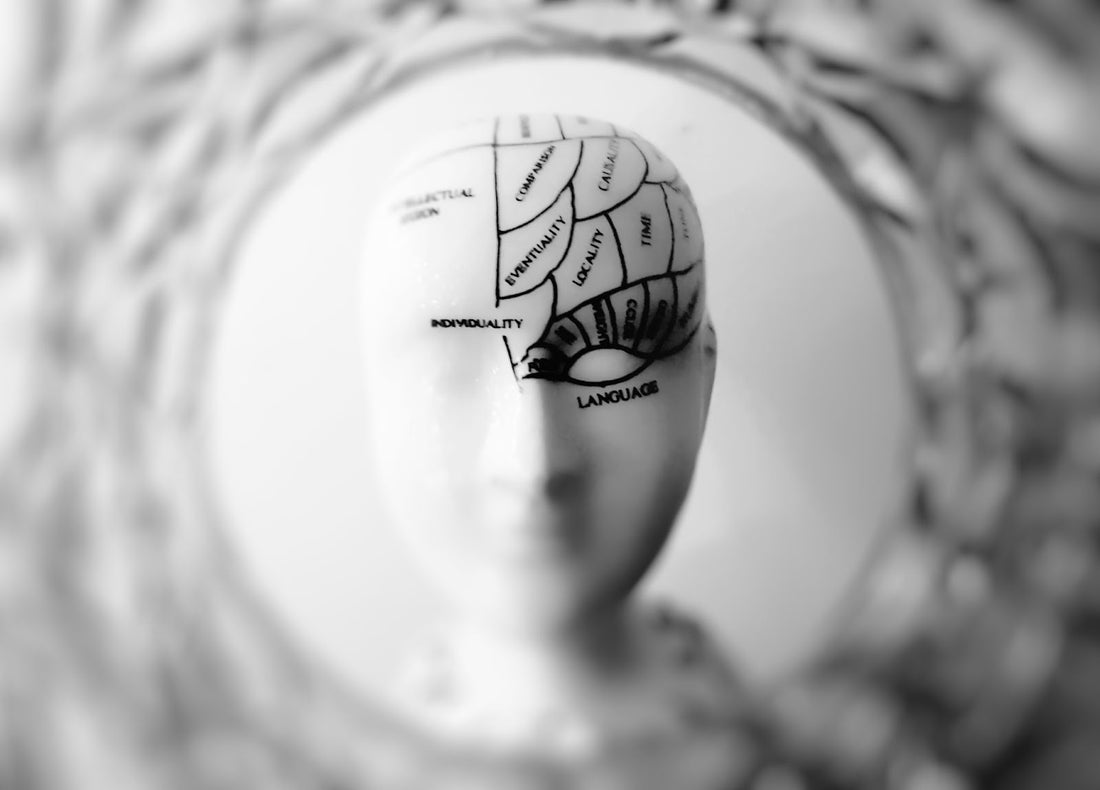Cannabidiol (CBD) has emerged as a popular topic of interest in the last few years due to its potential health benefits. While CBD is derived from the cannabis plant, it does not produce psychoactive effects like tetrahydrocannabinol (THC) - the compound that is responsible for the "high" associated with marijuana consumption.
Instead, CBD interacts with our endocannabinoid system (ECS), which plays a large role in regulating various bodily functions such as appetite, mood, pain sensation, and sleep. In this article, we will explore how CBD affects the brain, specifically the central nervous system, and its impact on anxiety disorders.
Studies have shown that CBD can have positive effects on brain cells and protect them from damage. We will delve into the various ways CBD interacts with our brains and discuss some of its potential benefits for those suffering from conditions such as PTSD or sleep disturbances.
The Endocannabinoid System and Cannabinoid Receptors
Before diving into CBD effects on the brain, it's important to understand the endocannabinoid system (ECS). The ECS is a complex cell-signaling system that plays a role in regulating certain various bodily functions such as appetite, mood, pain sensation, and sleep. It consists of three main components: endocannabinoids (cannabinoids produced naturally by our bodies), cannabinoid receptors (proteins found on cells that interact with cannabinoids), and enzymes responsible for breaking down endocannabinoids.
CBD interacts with the ECS by binding to cannabinoid receptors in our bodies. Specifically, it targets CB1 and CB2 receptors found throughout the body but primarily in the central nervous system.
The endocannabinoid system (ECS) is a complex cell-signaling network that plays an essential role in regulating various bodily functions. It consists of three main components: endocannabinoids, cannabinoid receptors, and enzymes responsible for breaking down endocannabinoids. Endocannabinoids are cannabinoids produced naturally by our bodies, while cannabinoid receptors are proteins found on cells that interact with cannabinoids.
The ECS is primarily involved in regulating homeostasis - the maintenance of stable internal conditions necessary for survival. It helps regulate functions such as appetite, mood, pain sensation, and sleep. The two primary types of cannabinoid receptors in our bodies are CB1 and CB2 receptors. CB1 receptors are primarily found in the central nervous system but can also be found in other tissues, such as the liver and adipose tissue. Meanwhile, CB2 receptors are primarily located on immune cells throughout the body.
When we consume cannabis products containing CBD or THC, these compounds interact with our ECS by binding to cannabinoid receptors within our bodies. THC binds primarily to CB1 receptors in the brain and produces psychoactive effects like euphoria or altered perception. In contrast, CBD does not bind well to either CB1 or CB2 receptors but instead modulates their activity indirectly.
Research into how exactly CBD interacts with our ECS remains ongoing; however, it's believed that CBD may bind to other types of receptor proteins or affect enzyme activity responsible for breaking down endocannabinoids like anandamide - a neurotransmitter associated with feelings of happiness and pleasure.
Overall, understanding how CBD interacts with our ECS is crucial to understanding its potential health benefits - particularly when it comes to how it affects the brain and nervous system. By targeting specific cannabinoid receptors throughout the body, CBD can have a wide range of effects on different bodily functions and systems – including those related to anxiety disorders or neurodegenerative diseases like Alzheimer's disease or Parkinson's disease.
Protecting Brain Cells
One of the most significant ways that CBD affects the brain is by protecting brain cells from damage. Research has shown that CBD can reduce oxidative stress and inflammation in the brain, which are two major factors contributing to neurodegenerative diseases such as Alzheimer's disease and Parkinson's disease.
In addition to protecting against neurodegeneration, studies have also demonstrated that CBD may help promote neurogenesis - or new growth of nerve cells - in certain areas of the brain. This could be particularly beneficial for those suffering from conditions like post-traumatic stress disorder (PTSD), where there may be a loss or reduction in certain areas of the brain.
Anxiety Disorders
Another area where CBD has been shown to have positive effects on the brain is anxiety disorders. Anxiety disorders are one of the most common mental health conditions globally and can significantly impact an individual's daily life. While traditional treatments such as medication and therapy can be effective for some individuals, others may not respond well or experience negative side effects.
Research has suggested that CBD oil may help alleviate symptoms associated with anxiety disorders such as social anxiety disorder (SAD), generalized anxiety disorder (GAD), panic disorder (PD), obsessive-compulsive disorder (OCD), and post-traumatic stress disorder (PTSD).
The exact mechanisms behind these effects are still being studied; however, it's believed that CBD affects regions processing attentional salience within our brains – essentially helping us focus on what we need to pay attention to while reducing distractions.
Prefrontal and Striatal Function
The prefrontal cortex is largely responsible for executive functioning tasks such as decision-making, planning, working memory, and impulse control. Meanwhile, striatal function is involved in motor control and reward processing. Both areas are essential components of our cognitive processes.
Studies have shown that CBD may improve prefrontal cortical function while reducing striatal function - suggesting that it could potentially be used for conditions like addiction or substance abuse disorders where there may be dysfunction in these areas of the brain.
Sleep Disturbances
Finally, research suggests that CBD may help regulate sleep patterns by interacting with serotonin levels within our brains - a neurotransmitter responsible for regulating mood and social behavior, among other things.
By increasing serotonin levels within specific areas of our brains responsible for sleep regulation – namely within REM sleep – studies suggest that individuals may see improvements in their quality of sleep over time.
Conclusion
While research into how exactly CBD affects different aspects of our brains remains ongoing – early studies suggest promising results across multiple domains, including protection against oxidative stress-induced neurodegeneration; promoting neurogenesis; alleviating symptoms associated with anxiety disorders; improving prefrontal cortical function while reducing striatal function; regulating sleep disturbances through interactions with serotonin levels within specific regions processing attentional salience - all without producing psychoactive effects typically associated with THC consumption. If you're interested in exploring possible health benefits associated with using cannabis products containing cannabidiol oil extract derived from hemp plants- speak with your healthcare provider first.





